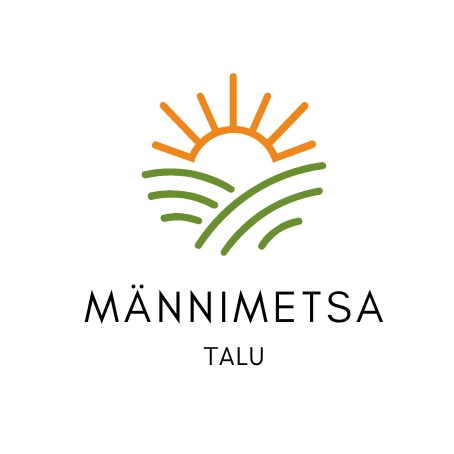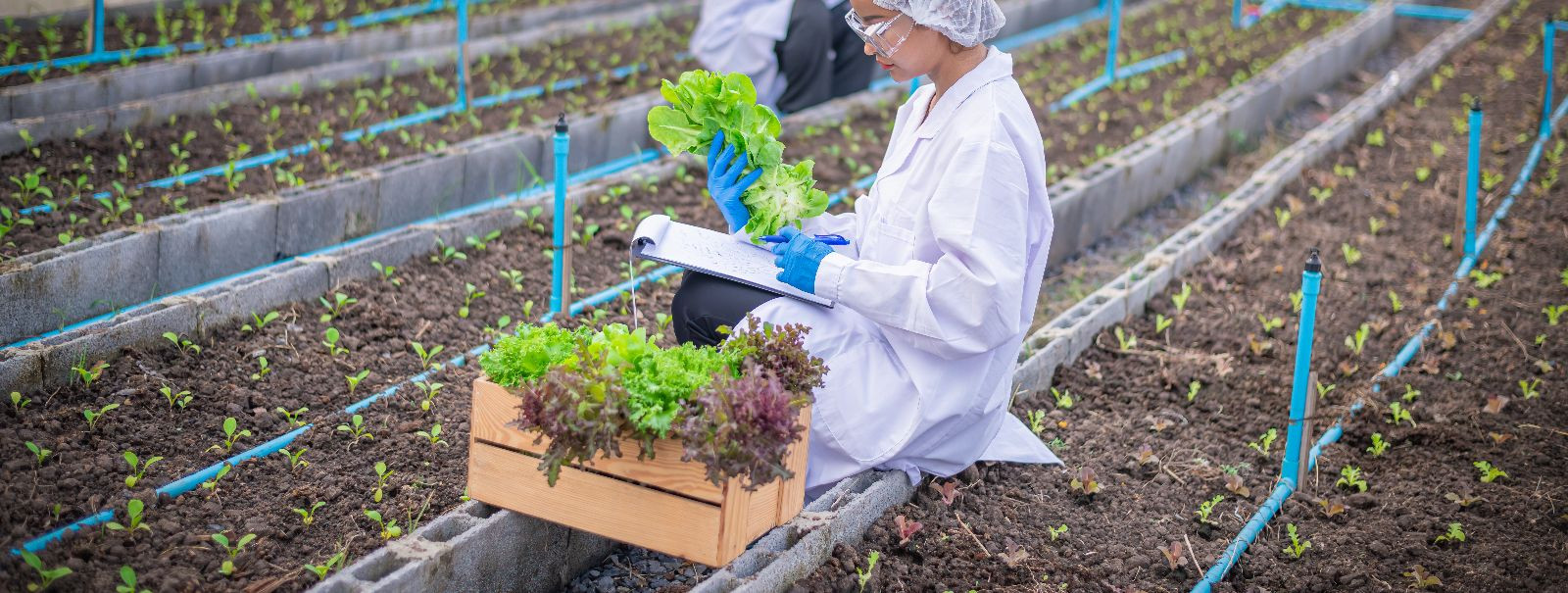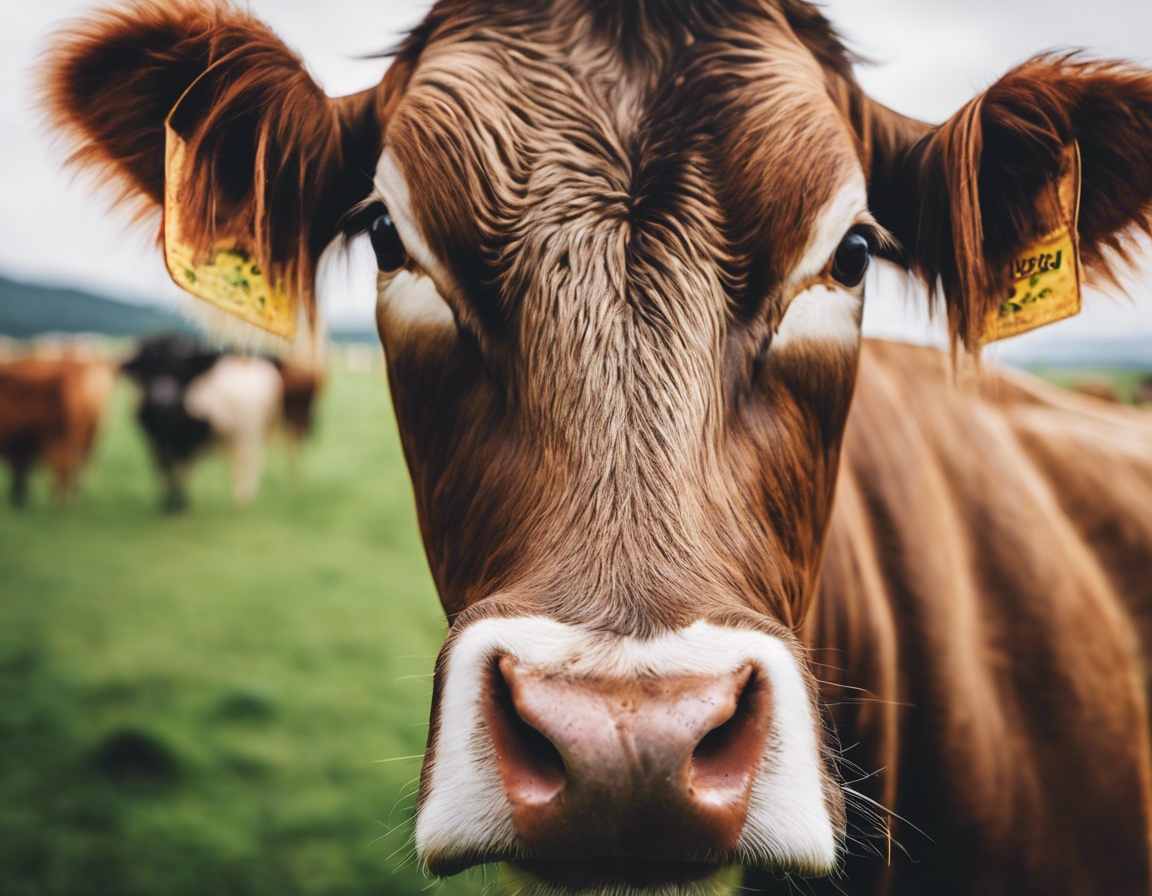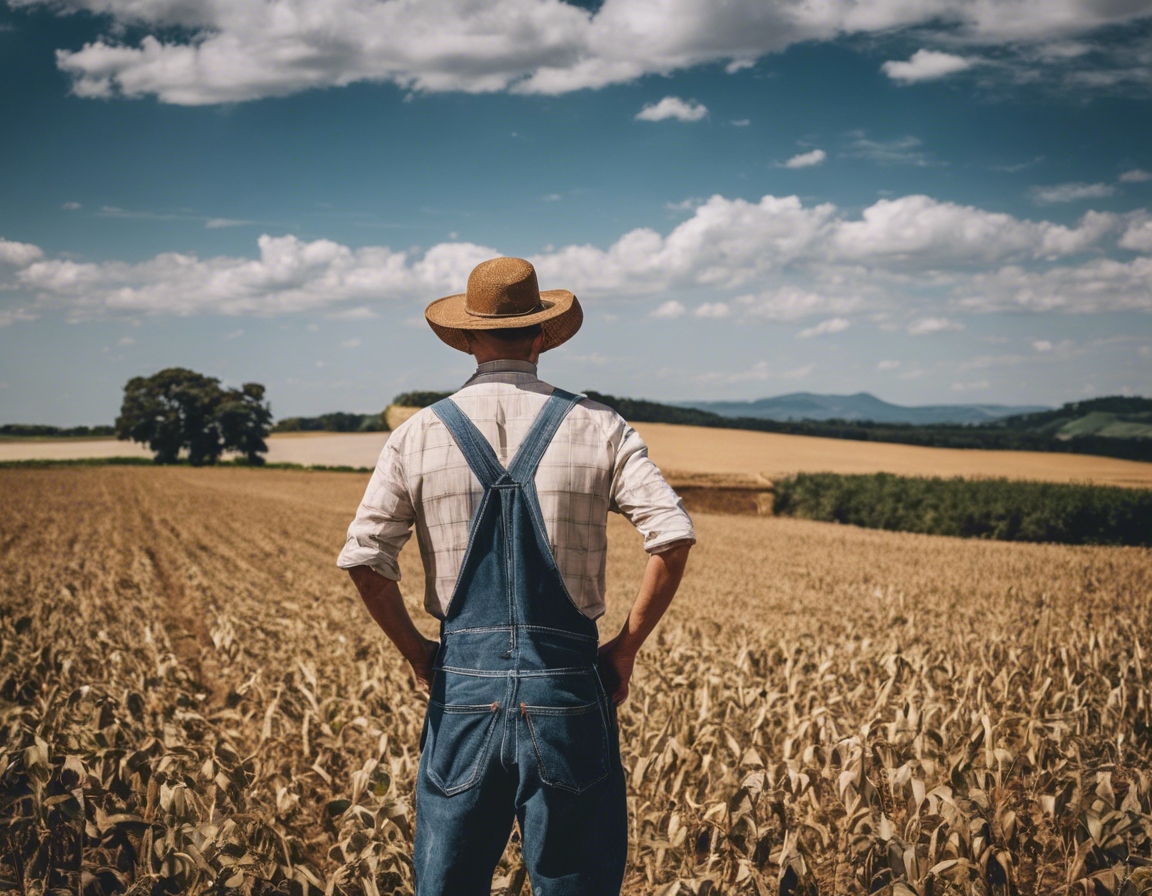How sustainable practices can change farming
The global agricultural sector stands at a crossroads, with the pressing need to feed a growing population while also preserving our planet's resources. Conventional farming methods have led to widespread environmental degradation, including soil erosion, water scarcity, and loss of biodiversity. It's time to pivot towards more sustainable practices that can ensure long-term food security and ecological health.
Sustainable farming is an approach that seeks to produce food in a way that maintains the health of the environment, supports the economic viability of farm operations, and enhances the quality of life for farmers and society as a whole.
The Pillars of Sustainable Agriculture
At the core of sustainable farming is the commitment to protecting and enhancing the natural environment. This involves practices that improve soil health, conserve water, reduce greenhouse gas emissions, and encourage biodiversity.
For farming to be sustainable, it must also be economically viable. This means ensuring that farms can be profitable without sacrificing environmental or social standards.
Social responsibility in farming involves fair labor practices, community engagement, and ensuring that all members of the community have access to healthy, nutritious food.
Implementing Sustainable Practices in Farming
Organic farming eschews the use of synthetic pesticides and fertilizers, instead relying on natural processes and materials to maintain soil fertility and manage pests.
Conservation tillage is a method that reduces soil erosion and water loss by minimizing the disturbance of the soil during planting and harvesting.
IPM is a holistic approach to pest management that combines biological, cultural, physical, and chemical tools in a way that minimizes economic, health, and environmental risks.
Agroforestry integrates trees and shrubs into crop and animal farming systems to create more diverse, productive, profitable, and sustainable land-use systems. Permaculture is a philosophy of working with, rather than against, nature.
Efficient water use and the conservation of water resources are critical in sustainable farming, involving practices like rainwater harvesting, drip irrigation, and the use of drought-resistant crops.
The Benefits of Sustainable Farming
Sustainable farming practices lead to a reduction in pollution, preservation of water, increased soil fertility, and a healthier ecosystem overall.
By reducing inputs and improving efficiency, sustainable farming can reduce costs and increase profitability for farmers.
Sustainable farming practices can lead to healthier food options, stronger rural communities, and a more resilient food system.
Challenges and Solutions in Sustainable Farming
Transitioning to sustainable practices can be costly and require new knowledge and skills. Financial incentives, government support, and community-based programs can help overcome these barriers.
Climate change poses a significant threat to agriculture, but sustainable farming practices can help mitigate some of these impacts and make farms more resilient to extreme weather events.
Increasing consumer awareness about the benefits of sustainable farming and creating educational programs for farmers can drive the transition towards more sustainable agricultural systems.






Comments (0)